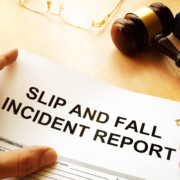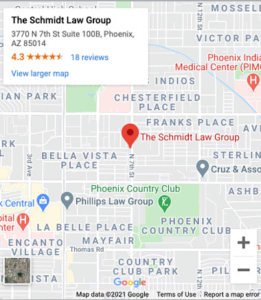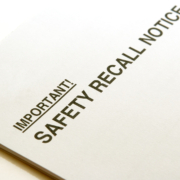An important premise of many aspects of the legal system in the United States is that, wherever important decisions are concerned, all the power should not rest with one person. This is the basis for the checks and balances among the three branches of government. Likewise, when a person’s freedom is at stake because he or she faces criminal charges that are punishable by imprisonment, the Sixth Amendment to the United States Constitution guarantees that he or she has the right to a trial by jury. This way, the decision about whether he or she is innocent or guilty does not rest solely with the judge. Jury trials for criminal cases tend to be the ones that get all the publicity, but United States law also allows for jury trials in civil cases, including personal injury cases.
The Legal Basis for Jury Trials in Civil Cases
The Seventh Amendment to the Constitution declares that plaintiffs in civil cases in which substantial amounts of money are at stake have the right to a trial by jury. Jury trials are far less common in civil trials than they are in criminal trials (where they are required whenever a case goes to trial), but they still happen in many civil cases in Arizona, including in some personal injury cases. The rules for the selection of jurors in civil trials are similar to the juror selection rules for criminal cases. Any person registered to vote in the state of Arizona can be summoned for jury duty once every few years. You can be excused from jury duty if extenuating circumstances, such as those relating to your work or your health, make it especially burdensome for you to serve on a jury.
Criticisms of Civil Trial Juries
In general, United States law considers a trial by jury to be part of due process (the procedures required to protect the rights of all parties in a lawsuit), but some critics of the use of juries in civil trials argue that having a jury present actually hinders due process instead of supporting it. In other words, some people think that having a jury decide the outcome of a civil case is actually less fair than having the judge make the decision. The reason for this criticism is that understanding the facts of many civil cases well enough to make an informed decision in favor of the plaintiff or the defendant requires in-depth knowledge of a professional field. For example, making an informed decision in a medical malpractice case requires more knowledge of medicine than the average person has. A judge can continue to summon experts until he or she is sure that he or she has the required information to make a fair decision, but the judge cannot communicate with the jury about their understanding of the facts while the case is ongoing. If one of the parties in the case thinks that the jury’s decision was incorrect or unfair, he or she can appeal the case.
Contact Eric Schmidt About Your Personal Injury Case
Whether to pursue a jury trial is just one important factor to discuss with your lawyer during a personal injury case. Contact Eric Schmidt in Phoenix, Arizona about the best way to proceed with your case.
















